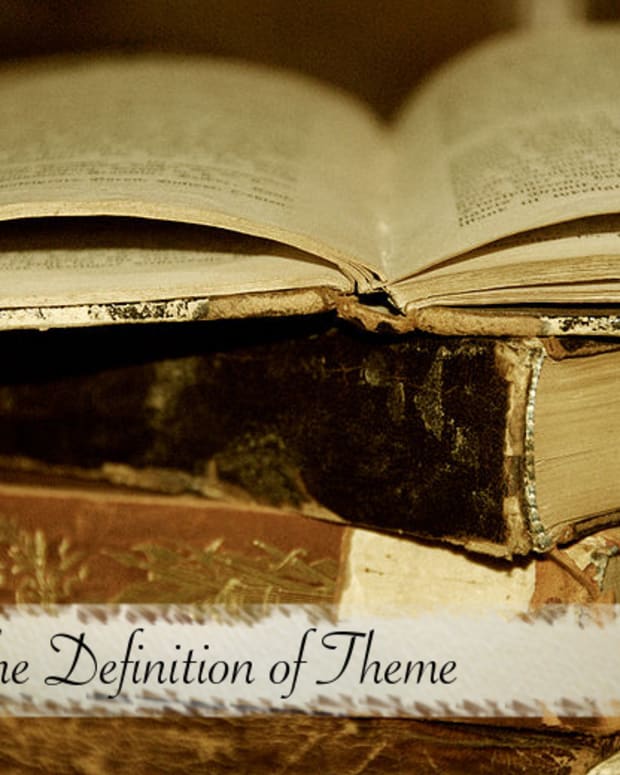

Macabre and morbid - No Gothic tale is complete without a little death and destruction. Otranto (1764) contains essentially all the elements that. Omens and prophecies - The protagonist or a supporting character will often typically have distressing dreams, visions or prophecies connected to the setting or events of the story.Īgony and ecstasy - Gothic stories are often characterized by melodrama, inner turmoil, intrigue, and insanity as well as sweeping romance, grandiose passions and enchanting prose. The Gothic novel was invented almost single-handedly by Horace Walpole, whose The Castle of. Sometimes these supernatural figures are literal, and other times they are symbolic or have a natural explanation. Paranormal activity - Gothic novels are famous for featuring ghosts, vampires, monsters, and other shadowy figures. Terror - The protagonist is haunted by supernatural or seemingly supernatural events such as doors suddenly closing, baying of dogs, footsteps, moans, and eerie sounds in the night. Gothic literature, poetry, and prose is that which deals with themes of death, the supernatural, sorrow, fear, loss, and more. Suspense - Gothic plot lines typically revolve around suspenseful events, familial mysteries, disappearances, unexplainable events, and frightening objects. Gothic fiction, which is largely dominated by the subgenre of Gothichorror, is a genre or mode of literature that combinesfiction, horror and Romanticism. Examples include rain, storms, a chill in the air or howling wind.Īrchetypal character traits - Gothic literature typically has particular types of characters: a distressed heroine, tyrannical male characters (usually villains) and anti-heroes, also known as Byronic heroes after Romantic poet Lord Byron. Natural imagery - A hallmark of both Romanticism and Gothic literature is imagery, particularly pertaining to nature.ĭark atmosphere - No Gothic story is complete without atmosphere, including complementary weather conditions.

1 A definition of ‘the Gothic’ was, however, ‘not so easily stated except that it has to do with fear’ (90). Whether they feature supernatural phenomena or focus on the psychological torment of the protagonists, Gothic works terrify by showing readers the evils that inhabit our world. Some common types of settings include castles, haunted houses, graveyards, and dark forests. When Ellen Moers coined the term in 1976 she thought that it could be ‘easily defined’ as ‘the work that women have done in the literary mode that, since the eighteenth century, we have called the Gothic’. The Gothic is a genre of spiritual uncertainty: it creates encounters with the sublime and constantly explores events beyond explanation. This is because Gothic literature has specific characteristics like:Ĭreepy settings - In Gothic fiction, the setting is a character in its own right.

The English gothic novel also led to new novel types such as the German Schauerroman and the French roman noir.There is a reason the word “gothic” brings to mind trap doors, castles, monasteries, and more. This extreme form of romanticism was very popular in England and Germany. Most of the stories take place inside of castles, and they normally either contain significant supernatural elements or they hint at potential supernatural occurrences that are later explained. The stories generally present a combination of horror, mystery and romantic elements, with many stylized features and a particular focus on setting.

The name Gothic refers to the-medieval buildings in which many of these stories take place. Gothic literature is a branch of fiction that first became popular during the late 1700s in Europe. Another well known novel in this genre, dating from the late Victorian era, is Bram Stoker’s Dracula. It originated in England in the second half of the 18th century and had much success in the 19th as witnessed by Mary Shelley’s Frankenstein and the works of Edgar Allan Poe. Melodrama and parody were other long-standing features of the Gothic initiated by Walpole. Its origin is attributed to English author Horace Walpole, with his 1763 novel The Castle of Otranto, subtitled "A Gothic Story." The effect of Gothic fiction feeds on a pleasing sort of terror, an extension of Romantic literary pleasures that were relatively new at the time of Walpole's novel. Gothic fiction, which is largely dominated by the subgenre of Gothic horror, is a genre or mode of literature that combines fiction, horror and Romanticism. Freebase (2.00 / 3 votes) Rate this definition:


 0 kommentar(er)
0 kommentar(er)
